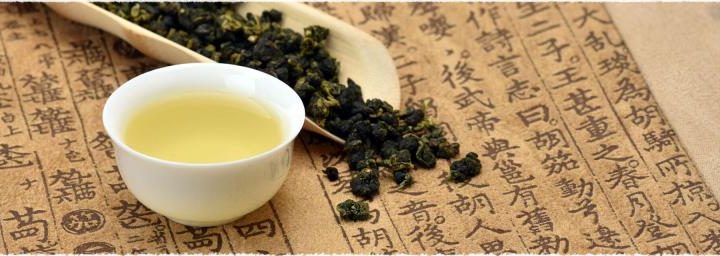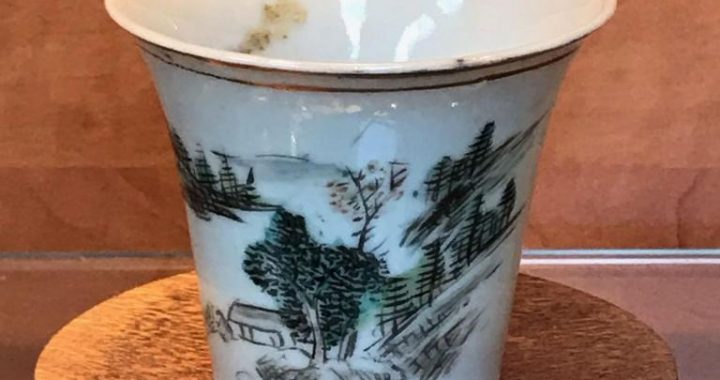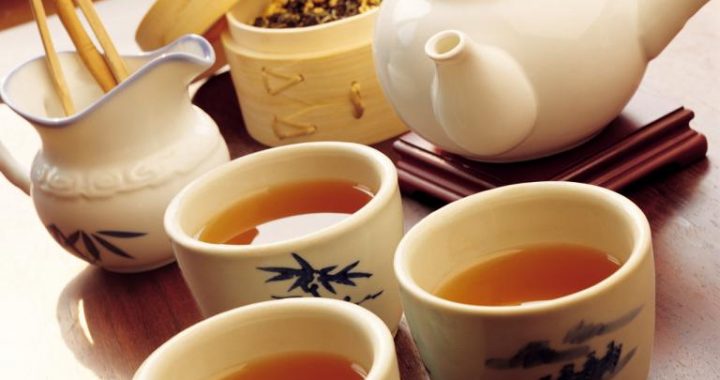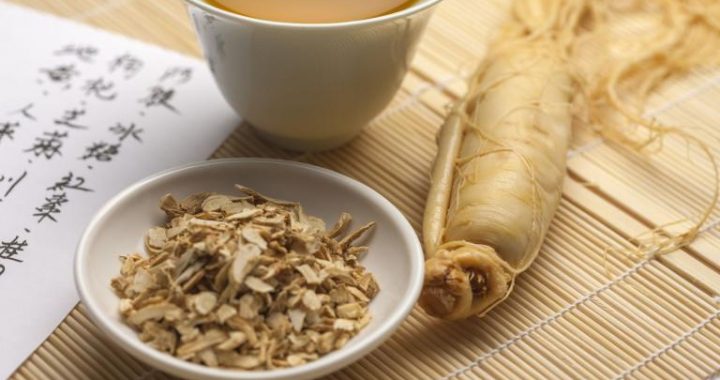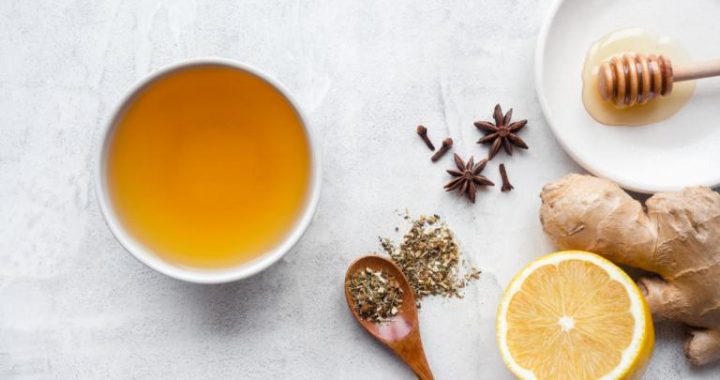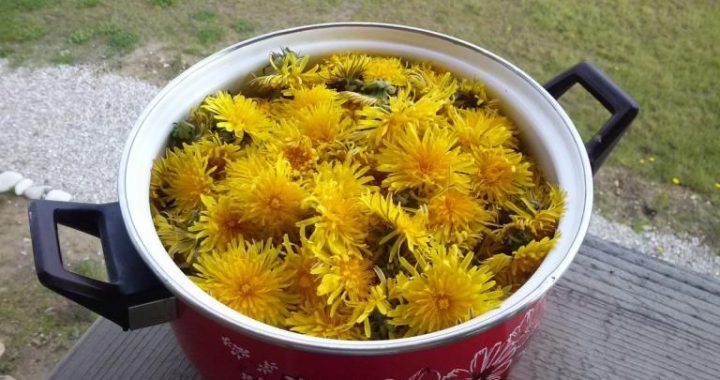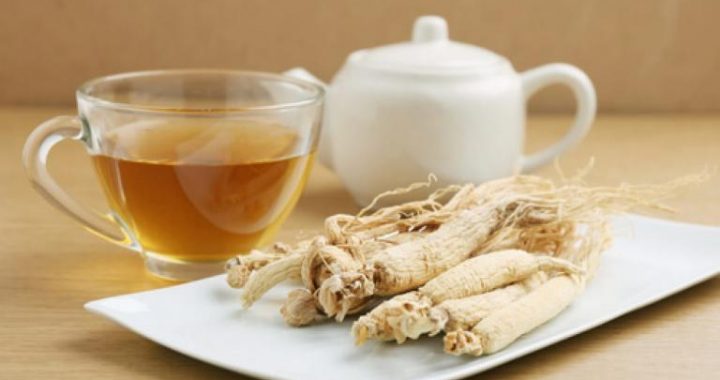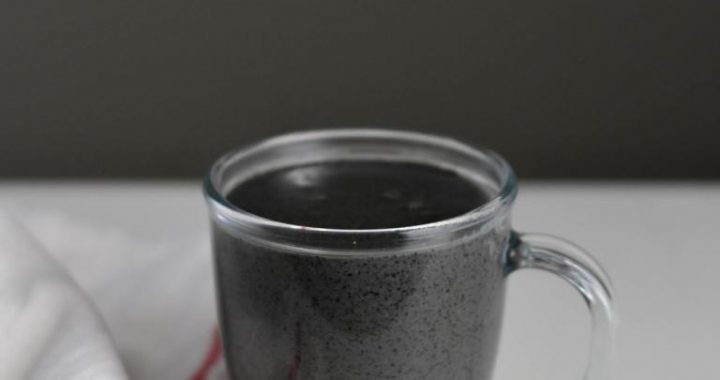Tea customs as a bride price
2 min readAs far as the ancient Chinese people are concerned, tea plants had strong vitality, and they were endued with the meanings of “chastity”,”faithfulness”and “more sons, more blessings”. This kind of connotation made tea an indissoluble bond with marriage ceremonies since the Tang dynasty, and in many areas there was the custom of “Tea as bride-price”.
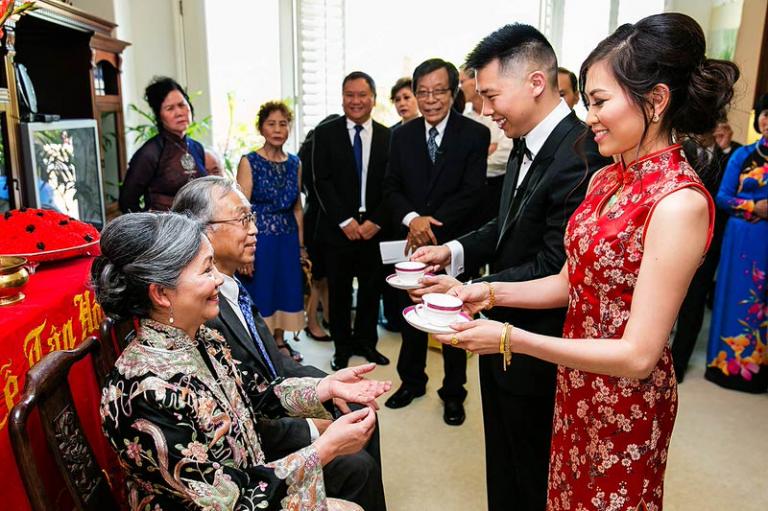
In the customs of the Han nationality, in many areas the event of “proposing a marriage alliance”was implicitly called “having tea”, and called the ceremony of espousal as “dingcha”(tea engagement) or “xiacha”(tea giving); the bride-price given to the girl’s family was called “tea money”or “tea gift”. The acceptance ofthe bride-price was described as “tea accepting”. Usually, it was the matchmaker ofthe boy’s family who went to propose a marriage alliance. If the girl’s family was contented, they would use the way of infusing tea in boiling water and boiling eggs to entertain the matchmaker. On the wedding day and even in the three days after the ceremony, both bridegroom and bride should serve tea to the guest to show their respect.
The tea custom was richer in the culture ofthe minority nationalities when proposing marriage and engagement. On the wedding banquet of the Bai tribe in Erhai area, the bridesmaid first should serve the bride with bee tea and then to the bridegroom; the bride would use pine nuts and sunflower seeds to make “butterfly tea”, wishing the love between the new couple would last forever as eulogized in the legend of Butterfly Spring. In the Ninglang area in Yunnan Province,a certain minority nationality still keeps the custom of “kidnapping the bride”(marriage ceremony in which someone pretends to kidnap the bride). On the day of wedding ceremony, the bride should go to work in the mountain or in the field, and people going fetch the bride would send a man to look for the bride. When he finds thebride, he should shout loudly,”I want to treat you tea!”And then he would catch the bride. Accompanied by girls from the same village, the bride would return later to join the wedding ceremony.
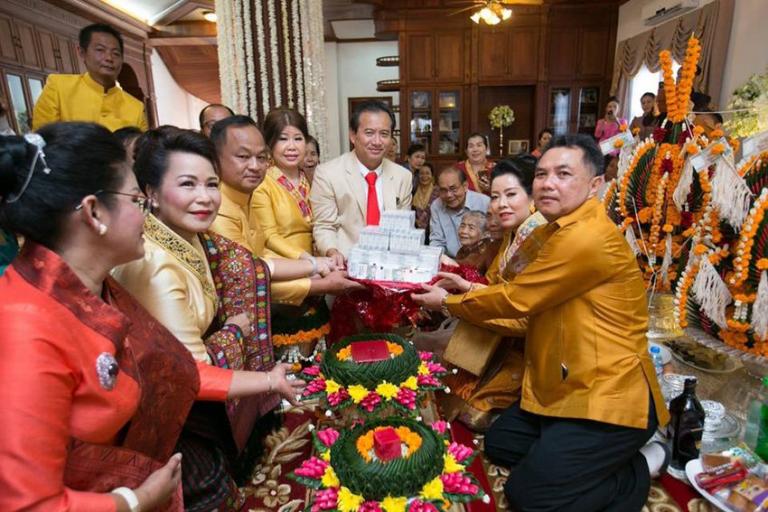
In the wedding customs of the She people living in the south of Zhejiang Province there is such custom that at the wedding ceremony, the boy’s family would select a girl whose parents are still alive to serve the bride a bowl of sweet”egg tea”, and the bride must only drink tea but can’t eat the egg, or she would be considered not steady and would be discriminated in the future. While in Jinhua of Zhejiang Province, the “egg tea”in the marriage customs of Han nationality, conventionally called”son tea”, is brought to the bridegroom by a bridesmaid, and then the bridegroom would give it to the bride to drink. The implication was that the bride will give birth to a boy.
